Coral Reef Conservation: Caribbean
Coral reefs sustain island economies and protect shorelines, but the Caribbean faces some of the world’s most severe reef decline. Spend six weeks building foundational knowledge in Woods Hole, then six weeks living aboard SSV Corwith Cramer as working crew—conducting reef surveys and conservation work in St. Croix, Anguilla, and Dominica. Between islands, sail open Caribbean waters while deploying oceanographic equipment to understand how ocean chemistry and pelagic ecosystems affect coastal reef health.
Research Themes
Research Partners
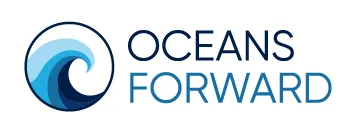


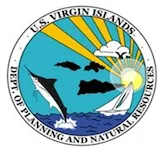
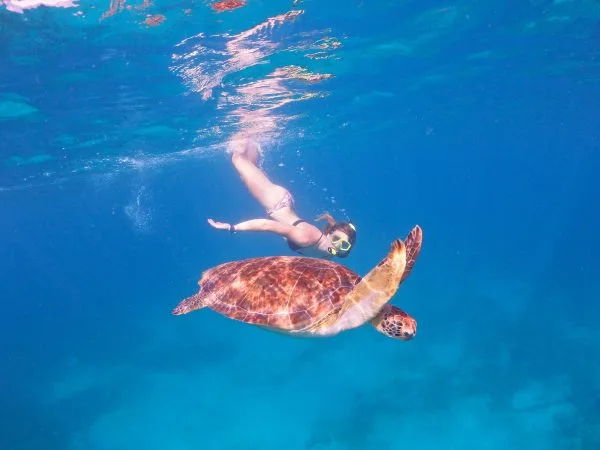
Learning Objectives
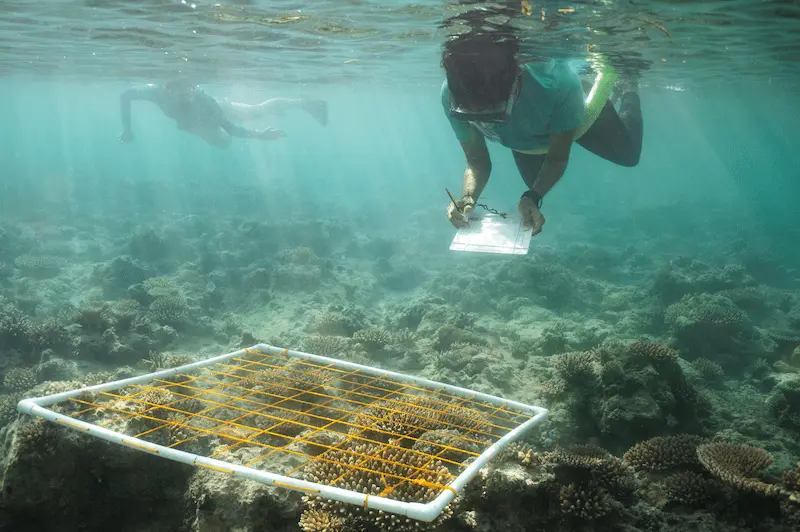
Survey Coral Reefs Across Three Caribbean Islands
Develop and deploy standardized reef survey techniques in St. Croix, Anguilla, and Dominica. Collect comparative data on reef health, document coral species and biodiversity, and contribute observations to ongoing conservation research. Work directly with local, academic, and governmental partners managing these reefs.
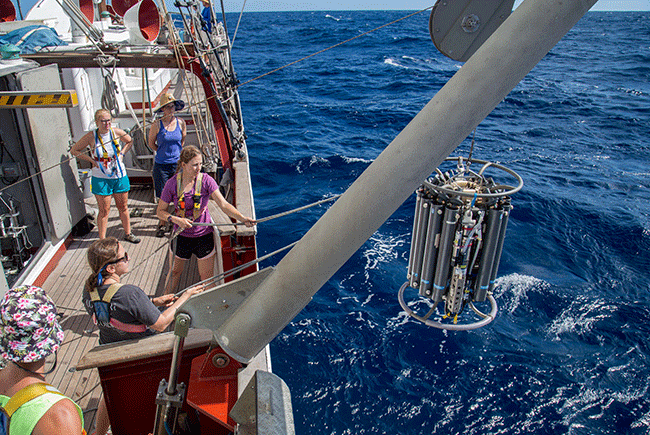
Understand Ocean Chemistry's Impact on Reefs
Deploy scientific equipment while sailing between islands aboard SSV Corwith Cramer to measure ocean chemistry and biodiversity beyond coastal waters. Connect open ocean conditions—acidification, temperature, nutrient levels—to reef ecosystem health and understand regional environmental patterns affecting Caribbean reefs.
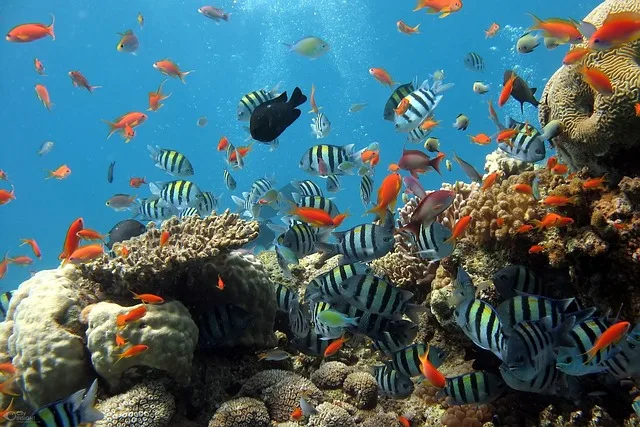
Examine Real-World Conservation Strategies
Engage with the full spectrum of reef management approaches—from marine protected areas to community-based conservation. Meet with local stakeholders, government officials, and conservation organizations to understand how policy translates to practice. Analyze what works, what doesn’t, and why.
Course Descriptions & Syllabi
To qualify as a gap student, participants must have been accepted into college and deferred acceptance or previously earned college credit. Students earn 18 semester hour credits from University of Minnesota upon successful completion of the program.
The Ocean and Global Change200 level, 4 credits, CAS NS 326
Ocean ecosystem change in the anthropocene: warming, acidification, fisheries depletion, and pollution. Review principles of circulation, seawater chemistry, nutrient dynamics, and biological production to understand causes and consequences of change. Conduct field measurements for contribution to time-series datasets.
Marine Environmental History300 level, 4 credits, CAS NS 323
Employ methods and sources of historians and social scientists. Examine the role of human societies in coastal and open ocean environmental change. Issues include resource conservation, overfishing, pollution, invasive species, and climate change.
Environmental Communication300 level, 3 credits, CAS NS 332
Seminar focusing on communication skills development for environmental scholars. Introduces the field of environmental communication, examines environmental attitudes and behaviors, and develops a toolkit of communications strategies. Includes projects in data visualization, multi-media presentation and digital storytelling.
Leadership in a Dynamic Environment300 level, 3 credits, CAS NS 329
Be an effective leader while leveraging the individual strengths of a team. Use leadership theory and case studies to understand how decisions affect outcomes. Participate as an active member of a ship’s crew, progressively assuming full leadership roles.
Choice of:
Directed Oceanographic Research300 level, 4 credits
Two lab science courses (one at the 200-level or higher) or consent of instructor.
Design and conduct original oceanographic research. Collect data and analyze samples. Compile results in peer-reviewed manuscript format and share during oral or poster presentation session. Emphasis on development of research skills and written/oral communication abilities.
Practical Oceanographic Research200 level, 4 credits
Introduction to oceanographic research. Design a collaborative, hypothesis-driven project following the scientific process. Collect original data. Conduct analysis and interpretation, then prepare a written report and oral presentation.
Apply
Upcoming Sessions
Program Dates
Jan 5, 2026 - Mar 29, 2026
Cost & payment
APPLICATION PROCESS
- Complete your application
- Gather two references and an unofficial transcript
- Coordinate with your university
- Obtain medical clearance
- Apply for a passport
- Speak with our team

